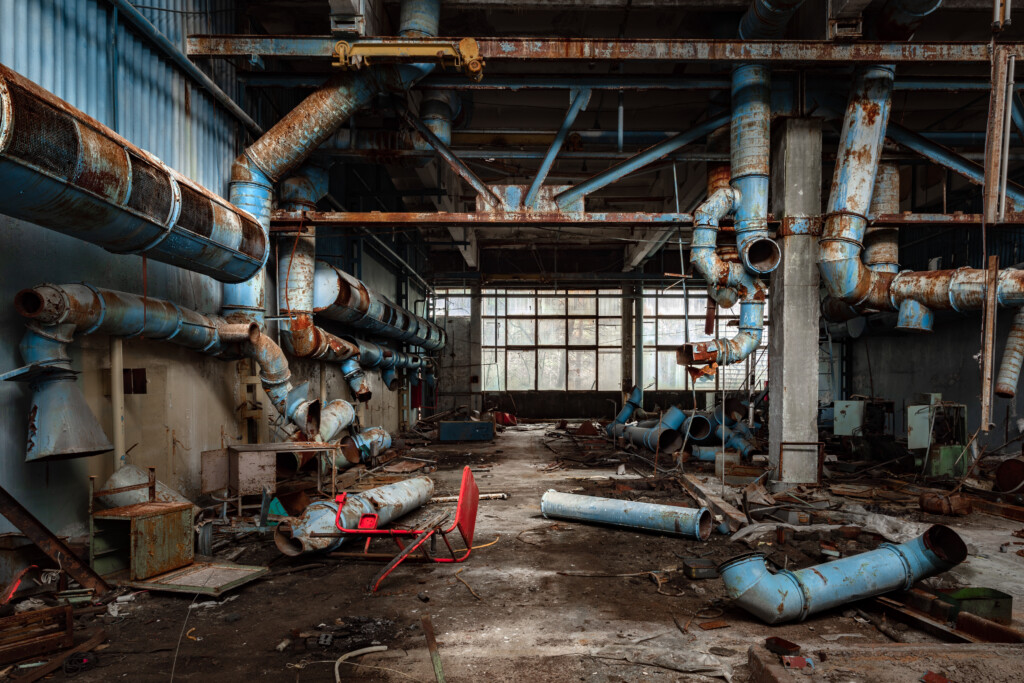Nobody likes it when prices go up, even though that is a normal part of how the economy functions in the 21st century. century. However, when the prices of electricity increase tenfold within a year, it’s not just unpleasant anymore – it becomes shocking!
Rising energy prices and impact on the labor market
Obviously, the skyrocketing prices increase the costs of every business industry that uses electricity or other forms of energy. Can you think of a business that doesn’t use electricity or other forms of energy? I cannot. But even if there is some, it wouldn’t be a big part of a country’s GDP.
On the other hand, industries such as manufacturing are highly dependent on energy and have a lot of employees. When the energy prices soar so high for such a short period, many can’t adapt to the changes. Unfortunately, often the solution is declaring bankruptcy and shutting down or at least letting a part of the employees go.
What would happen to people who are not employed in manufacturing?
Other sectors will also be directly and indirectly affected. Since many employers in manufacturing are firing, but almost nobody is hiring, the number of unemployed people will skyrocket. Not a lot of people can stay unemployed for long, so this would force them to look for work in other sectors. And on top of that, all other sectors would also be paying the same amount per unit for energy. That means they will also get a direct hit from the price soar, and some employers might need to let staff go or declare bankruptcy.

How long will the energy crisis last?
Since Nostradamus isn’t among us for a while now, nobody can tell for sure, but the prognosis is grim. According to Nathan Piper, an oil and gas analyst at Investec, the “era of cheap energy is over”. Belgium’s energy minister, Tinne Van der Straeten, said it would last “five to ten” years and will be “terrible” unless there is a cap on the price. Ben van Beurden, CEO of Shell said the high prices could last for “a number of winters” while suggesting a possible need for energy rationing. And this is just naming a few. To sum up, experts do not expect the crisis to end soon.
How to find stability during an unstable period in the labor market?
First of all, the energy crisis is affecting the labor market not just negatively. In a way, it’s a “survival of the fittest” situation, just like the Coronavirus pandemic. Companies and employers who cannot follow trends, offer top-quality services and deal with changes simply do not survive. On the other hand, companies that manage to deal with those obstacles learn from the experience and become more efficient and proficient at what they do.

Before you decide to trust someone with something as important as a job, make sure it is a stable company. In most situations, the commercial register is public information. You can simply open the records of a company and see how have they been doing financially in the last 10 years. Check their records for the last few years and research if they handled the Coronavirus pandemic well. If they did, they would survive this storm too. And they will become stronger in the process.
Most importantly, be prepared. Postpone unnecessary purchases and have a financial reserve. You may need a few months to find asuitable employer.







